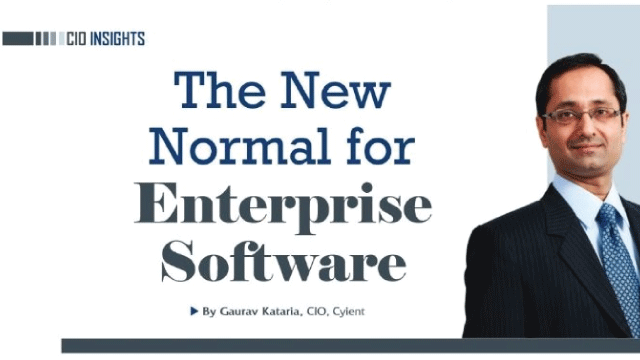Last night (IST) I was up watching Warren Buffett live at the telecast of the Berkshire Hathaway Annual Shareholders Meeting. Though I have seen many Warren Buffett videos, but watching the man live was a different feeling.
Of the many golden nuggets that were sprinkled across the session, one that caught my attention was the importance Warren Buffett gave to “being a first class human being”, “being good at heart”, “being value driven”, especially when he was talking about why he selected Tod and Tedd (his investment managers, who control USD 11Bn each).
One could argue that this concept of the “inner core” (as I like to call it), is a wishy-washy concept and one that does not align into the capitalist mindset that we are expected to demonstrate. But, I beg to differ.
If we look around us, one common observation that we all have about the most successful leaders, including Warren Buffett, is that they are “humble”, “down to earth”, “have the ability to connect”, “genuine”, “kind at heart”, etc, etc. From the many successful leaders I have known, I can assure you that this are not a facade and they behave the same at home and at office. These traits of a leader are actually the core reason he or she is a leader in the first place.
I am not saying that professional ability is not important, but many times, we make judgments about a person’s leadership ability only based on the past professional track record, or size of teams managed, or countries served in or the risk taking ability, to name a few, but more often than not, the examination of the ‘inner core’ and its alignment to the company values is missed. This ability of driving capitalism with compassion is what differentiates average leaders from great leaders.
From a practical stand point, how do organization remove the personal bias when judging the “inner core” of a leader? They use the organizational values as a proxy and ensure that the individual’s traits align with the organization values. While organizations differ in the values they promote, “Fairness”, “Integrity”, “Respect”, “Sincerity”, “Transparency”, “Trust”, “People First”, “Customer First”, “Quality”, “Risk Taking”, “Discipline”, “Result Orientation”, to list a few, there is often a difference in letter and spirit.
The ‘spirit’ is what the leaders drive and is a manifestation of their ‘inner core’. Needless to say, in successful organizations the letter and spirit are aligned.









